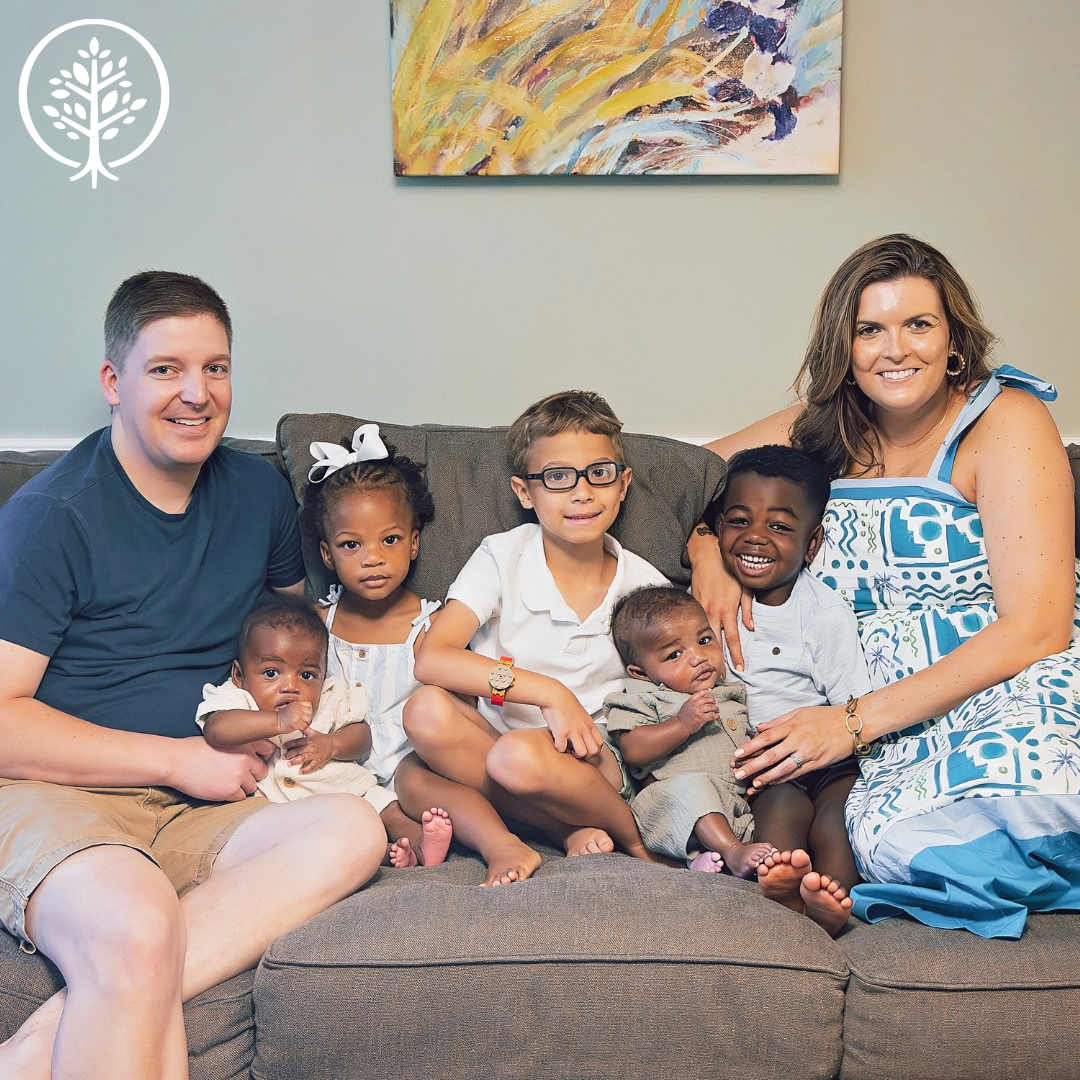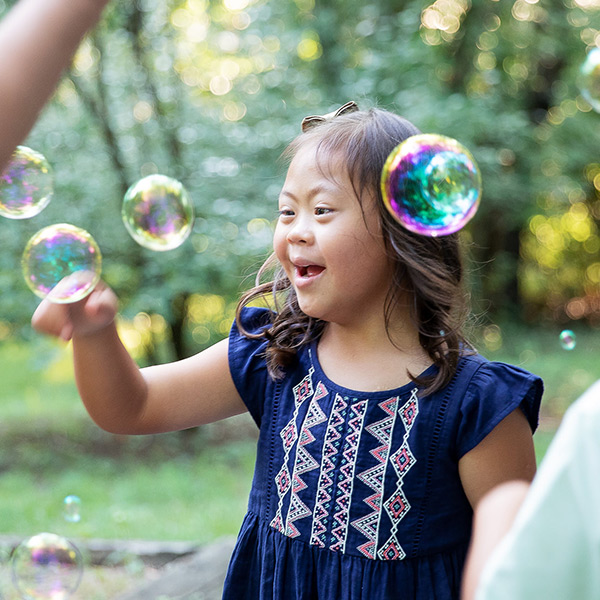Having Age-Appropriate Conversations With Your Kids About Health

No matter what age your children are, you can always talk with them about their bodies and how it works. Try to have these conversations on a regular basis, maybe even planning a conversation around the time of your child’s yearly check-up. Also, remember to reassure your child that he or she can talk to you about anything at any time.
It might also be helpful to create health goals you can work toward together as a family. These might include a certain amount of physical activity each week, screen time limits, or nutrition goals.
Here are a few age-appropriate topics you can cover when discussing health with your children.
Toddler – Early Grade School Aged
- Teach your children about their body, and name their body parts using simple, correct terms. Talk about appropriate touch and how to say no.
- Discuss sickness, and how it is normal to get sick or even injured, and how to get better with medicine and rest.
- Teach and demonstrate the basics of hygiene such as washing hands, brushing teeth, and brushing hair.
Late Grade School/Pre-Teen
- Have a continuing conversation about healthy habits, including exercise, nutrition, sleep, and screen time.
- Explain puberty and what kind of changes they can expect in their body and how it might make them feel.
- Teach your children about the science of how their body works.
Teens
- Talk about healthy relationships and how to set boundaries. This can also include discussing respecting others’ differences.
- Have a conversation about monitoring mental health and when and where to seek help.
- Explain the importance of safety around drugs and alcohol, including how usage impacts both the body and mind and what to do if around them.
Having age-appropriate conversations with your children about their health may feel intimidating at first. If you have apprehensions, consider talking with another parent who you trust and admire. It’s important to remember, you are not in this alone. Having these conversations are great steps toward building more connection and trust with your children.





